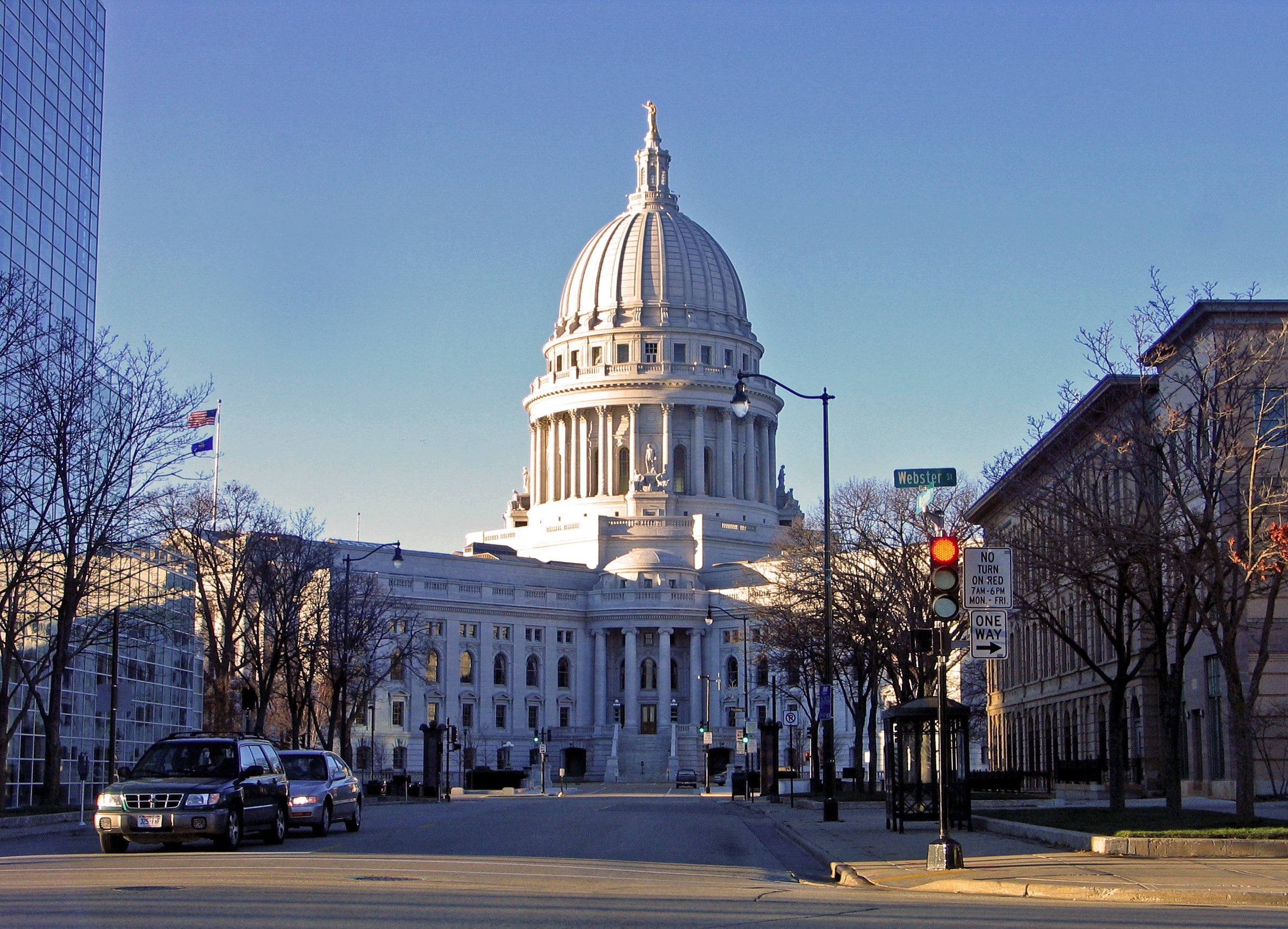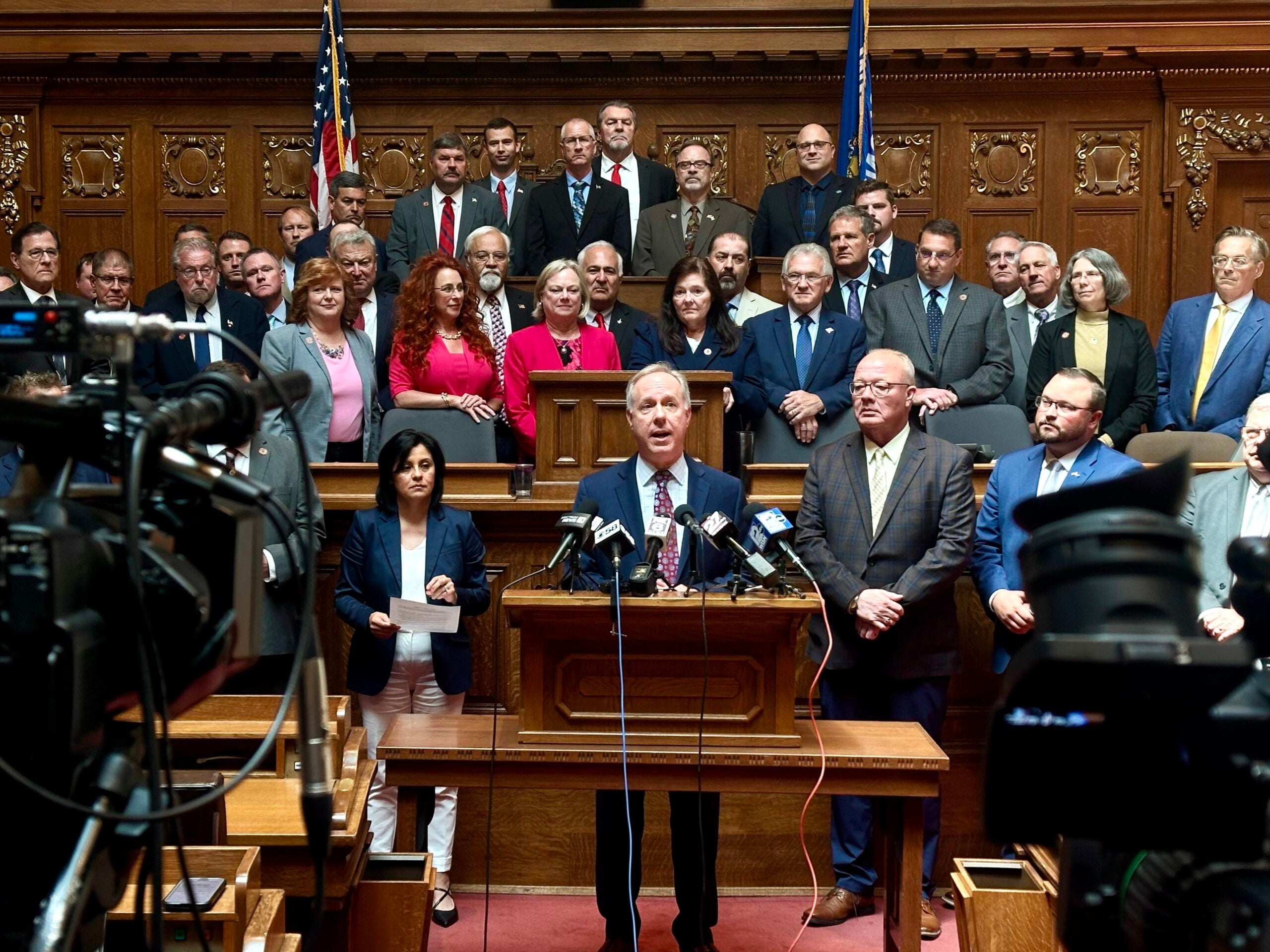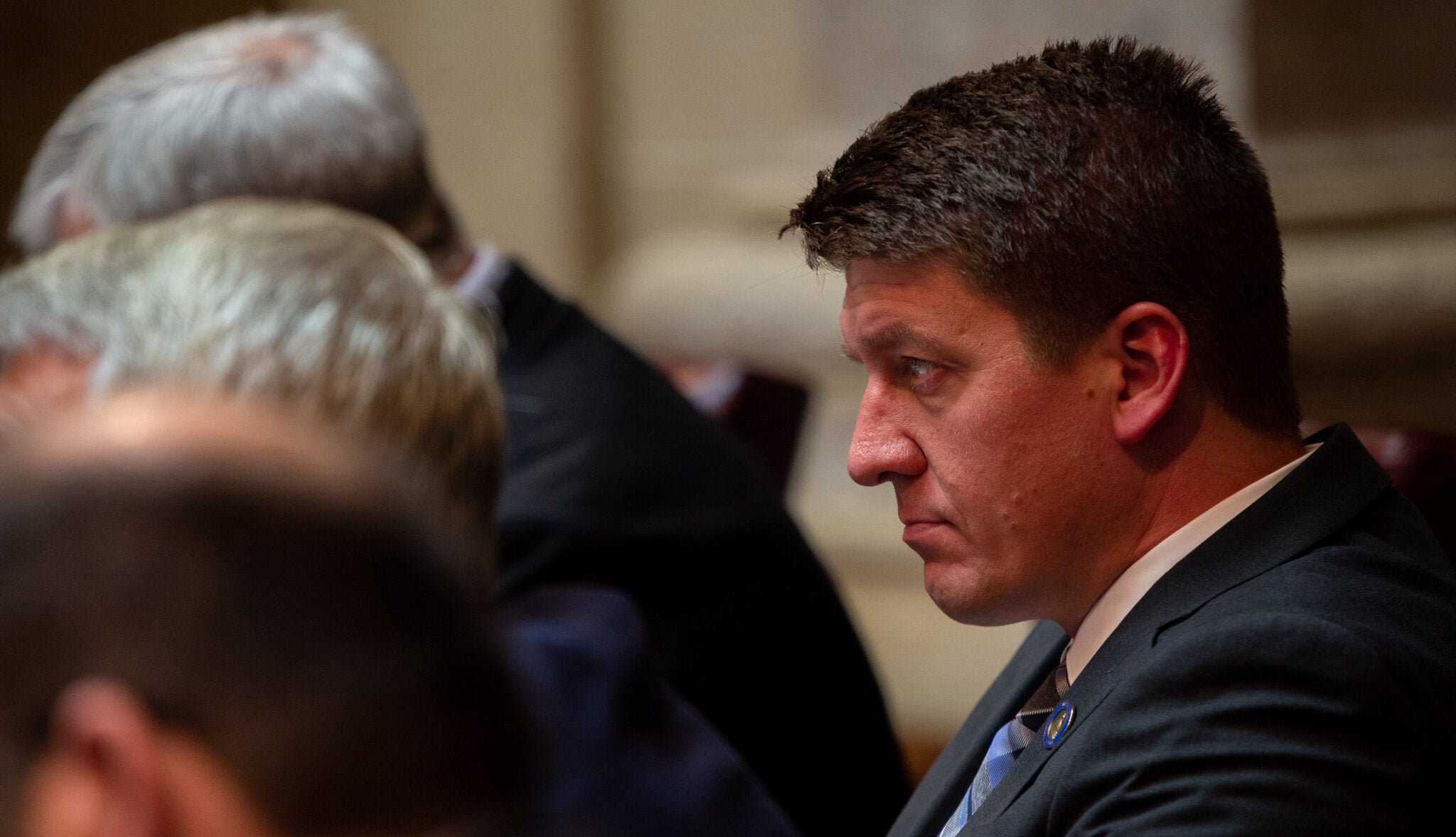Gov. Tony Evers will likely control how billions of dollars in federal COVID-19 stimulus money is spent in Wisconsin despite a GOP-backed effort to give state lawmakers more power and oversight of the funds.
The U.S. House of Representatives gave final approval on Wednesday to a $1.9 trillion coronavirus relief package. According to estimates released last month by the House Committee on Oversight and Reform, Wisconsin is set to receive roughly $5.7 billion, about $3.2 billion of which would be directed to state government.
Current state law gives the governor broad powers to spend federal money sent to the state. Under a bill from GOP lawmakers, the Legislature’s state budget committee, which is controlled by Republicans, would have the power to block Evers administration spending plans. The administration would have to submit all plans to the committee, which would have 14 days to meet and vote to block any proposal. The committee’s power would only apply to federal coronavirus aid received before June 30, 2022.
News with a little more humanity
WPR’s “Wisconsin Today” newsletter keeps you connected to the state you love without feeling overwhelmed. No paywall. No agenda. No corporate filter.
Supporters of the bill include Assembly Speaker Robin Vos, R-Rochester, and state Senate Majority Leader Devin LeMahieu, R-Oostburg. They argue the Legislature, which plays a key role in crafting the state budget every two years, should be involved in disbursing the aid, in part because it’s so substantial.
“We feel it’s important to have legislative input into the process, to give our say, to represent our areas of the state, our constituents, and give that oversight,” LeMahieu said during an Assembly committee hearing on Wednesday.
The committee voted along party lines, 6-3, to advance the plan to the full Assembly.
During the committee hearing, state Rep. Mark Born, R-Beaver Dam, who co-chairs the Legislature’s state budget committee, pointed out “the power of the purse usually runs through the legislative branch.”
“This is a lot of federal money that’s coming in, and it’s really important that the people’s representative, the legislative branch, also plays that same role that we usually play in his type of budget discussions and deliberations,” Born said.
The governor’s spokesperson, Britt Cudaback, confirmed Wednesday that Evers would veto the bill if it makes it to his desk. In a tweet posted shortly after the plan was released, Cudaback criticized the Legislature for its response to the pandemic, pointing out lawmakers went more than nine months between taking up the state’s first and second pandemic response bills.
“Wisconsinites can’t afford to wait around for the Legislature, and that’s why the governor will continue working to save lives, put shots in arms, and get resources and relief out as fast as he can, just as he has since the beginning of this pandemic,” Cudaback said in another tweet.
Wisconsin received about $2 billion in the first federal coronavirus aid bill, also known as the CARES Act, last spring. The state received more than $1 billion more under the second federal COVID-19 aid bill, which was approved in December.
With rare exemption, Evers’ administration has had the power to disburse those funds. According to the state Department of Administration, about $2 billion has already been spent on things like personal protective equipment for healthcare workers, testing lab supplies, contact tracing, rental assistance and grants to small businesses, farmers and childcare providers.
Wisconsin Public Radio, © Copyright 2025, Board of Regents of the University of Wisconsin System and Wisconsin Educational Communications Board.







